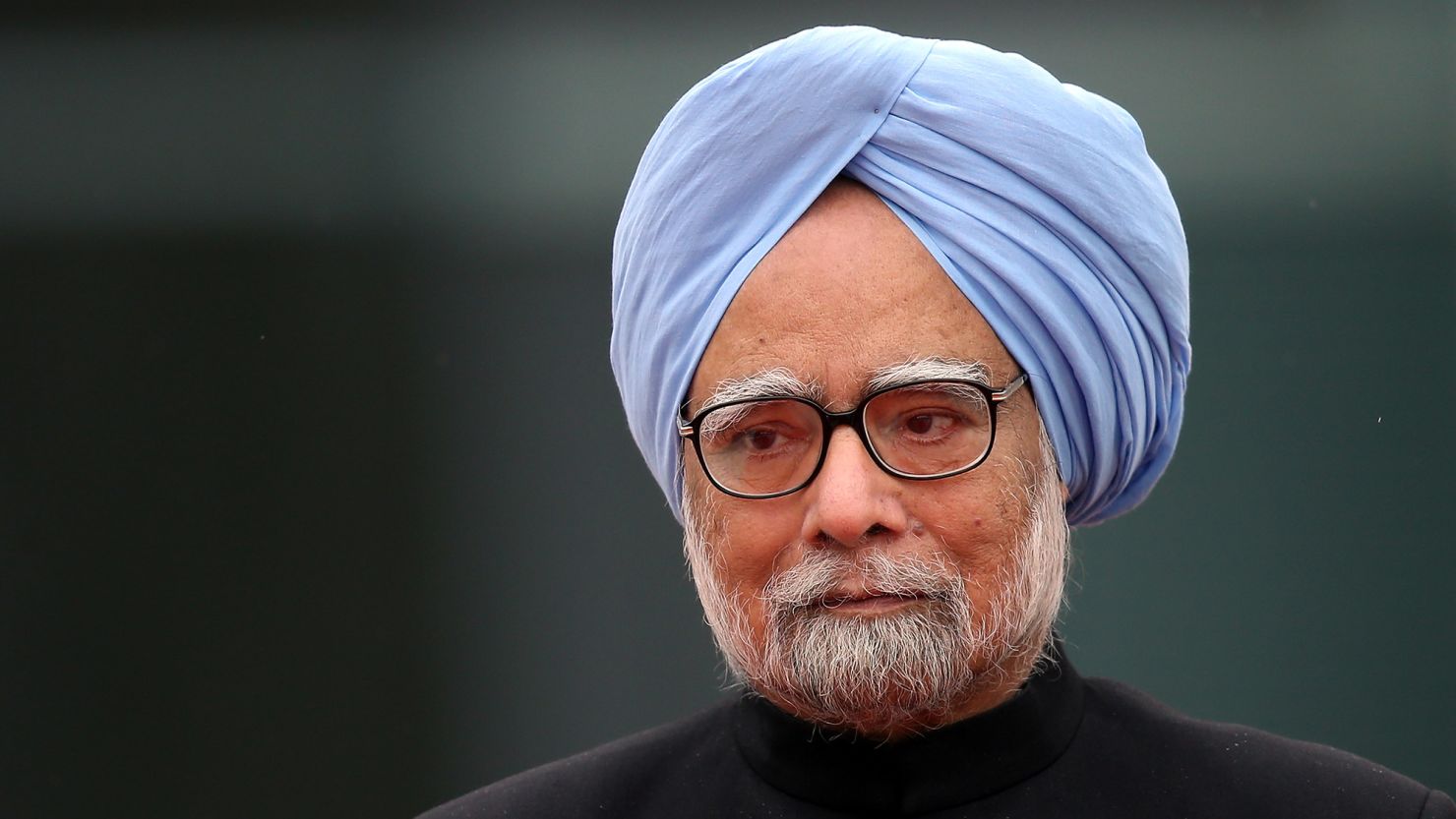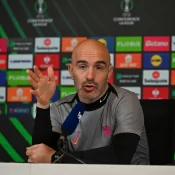
Manmohan Singh, India’s hesitant prime minister, has died at the age of 92
The gentle-spoken Manmohan Singh, who passed away on Thursday at the age of 92, was seen as a “reluctant king” during his first term as prime minister and was undoubtedly one of India’s most effective leaders.
Singh served a record two terms as prime minister from 2004 to 2014, making him the first Sikh to lead his country. He had been receiving treatment for ailments associated with aging.
Singh is recognized for having led India to unheard-of economic expansion and rescuing hundreds of millions from extreme poverty.
When Prime Minister Narendra Modi declared, “India mourns the loss of one of its most distinguished leaders,”
Manmohan Singh was born into a low-income family in what is now Pakistan, a region of British-ruled India. He studied by candlelight to get admission to Cambridge University before continuing on to Oxford, where he completed his doctoral thesis on the contribution of free trade and exports to the Indian economy.
He rose to prominence as an economist, served as governor of India’s central bank, and advised the government. However, when he was unexpectedly appointed finance minister in 1991, he had no clear ambitions to pursue a career in politics.
Singh oversaw the implementation of deregulation, changes that prevented India’s economy from experiencing a serious balance of payments crisis, and other initiatives that opened the closed nation to the outside world during that time till 1996.
“No power on earth can stop an idea whose time has come,” he famously quoted Victor Hugo as saying in his maiden budget address. He went on to say, “The emergence of India as a major economic power in the world happens to be one such idea.”
Even more surprising was Singh’s rise to the position of prime minister in 2004.
Sonia Gandhi, who had led the center-left Congress Party to an unexpected win, requested him to take the position. Being Italian by birth, she was afraid that if she were to become the country’s leader, opponents who supported Hindu nationalism would use her heritage to criticize the government.
Amidst an unparalleled era of economic expansion, Singh’s administration distributed the benefits of India’s newfound prosperity by implementing welfare programs like a jobs program for the impoverished in rural areas.
Strong ties between New Delhi and Washington were also made possible in 2008 when his government signed a historic agreement that allowed for the first time in thirty years for peaceful nuclear energy exchange with the United States.
However, political squabbling within his own party and demands from coalition partners frequently thwarted his attempts to further open up the Indian economy.
“I will be kinder to history.”
Even while other international leaders held him in high regard, Singh had to constantly combat the belief that Sonia Gandhi had the actual authority in the administration at home.
She remained the leader of the Congress Party and frequently made important decisions. She was the widow of former Prime Minister Rajiv Gandhi, whose family had controlled Indian politics since the country’s independence from Britain in 1947.
Singh was not personally viewed as corrupt because of his reputation for honesty and his modest way of living. However, as a string of scandals broke out during his second term, sparking widespread protests, he was criticized for not taking stronger action against members of his government.
The Indian growth story, which he had assisted in creating, faltered in the last years of his leadership as investment sentiment was weakened by delayed government decision-making and worldwide economic instability.
His government was thrown into a minority in 2012 after the largest ally of the Congress Party left the coalition over the arrival of international stores.
The Bharatiya Janata Party, led by Narendra Modi, a strongman who pledged to overcome the economic stagnation, eradicate corruption, and bring inclusive growth to the hinterlands, decisively defeated the Congress two years later.
Singh maintained that he had done his best during a press conference just before he left office.
“I honestly believe that history will be kinder to me than the contemporary media or, for that matter, the opposition parties in parliament,” he stated.
Singh’s wife and three daughters survive him.
All Categories
Recent Posts
Tags
+13162306000
zoneyetu@yahoo.com



